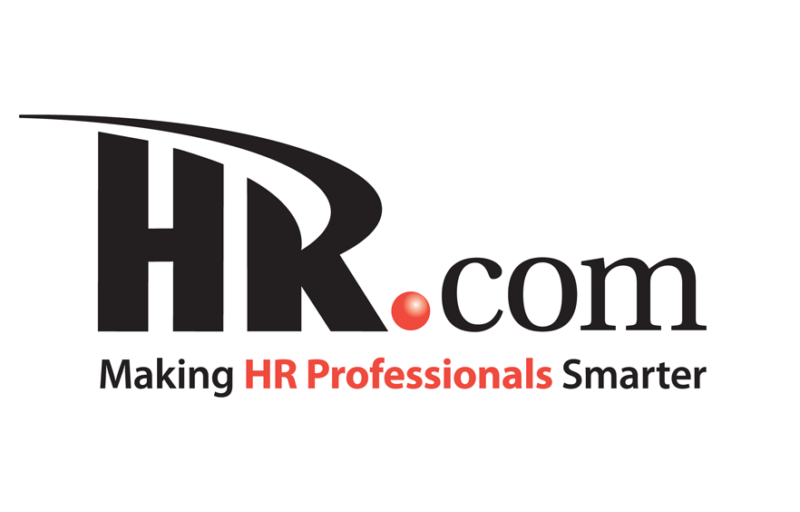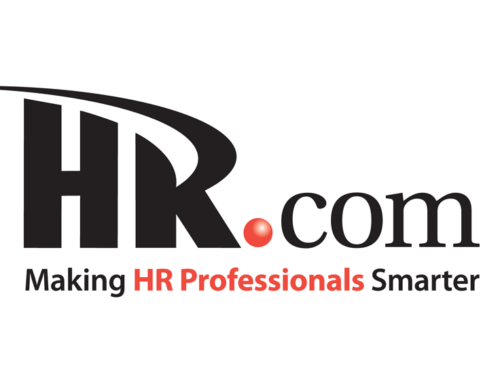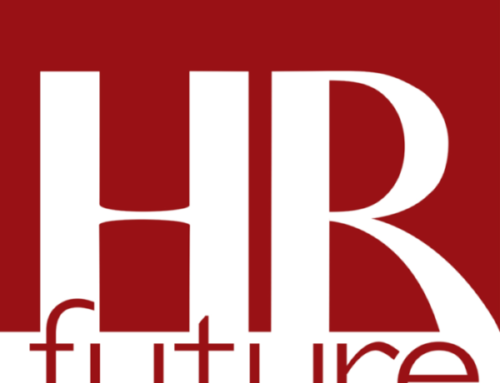By: Timothy Diassi, Senior Vice President of sales, marketing, and partnerships at Unicorn HRO.
Employees are the lifeblood of any organization. From c-suite executives and management to entry-level associates and everyone in between, your team must perform essential functions and contribute to delivering on customer expectations. When employees have the tools, technology, and resources to perform to the best of their abilities, your organization can flourish in an environment and culture that is engaging, challenging, and fulfilling. Thus, employees are more productive and want to be part of a winning team.
A major indicator of job performance is employee satisfaction. Happy employees are proud of the work they do and are more engaged and creative than dissatisfied employees. According to a study from Gallup, companies with highly engaged employees see 59% less turnover. The study also found that highly engaged teams show 21% greater profitability. Ensuring that employees at every level are satisfied not only motivates employees to exceed in their job performance, it also saves companies significant turnover and recruitment costs each year.
The following human resources strategies can help improve employee satisfaction, boost morale, retain talent, and reduce turnover:
Keep the Hiring Process Simple
Employee satisfaction begins even before they are hired. Prospective employees want a simple and positive hiring process. The job market can be brutal, and the process of applying for jobs can be arduous. The hiring and onboarding process can be daunting, complicated, and require a lot of work from your prospective employee before they even join your company. A human resource management system can help HR departments work efficiently and effectively by automating many of the routine administrative tasks that are part of the recruiting and hiring process. The ideal platform will give applicants the flexibility to apply online or from a mobile device while HR staff monitors activity in real-time. Making this process as easy as possible will attract top-tier talent and create a positive impression with new hires.
Make Expectations Clear
One of the most important indicators of employee happiness and productivity is the clarity of instructions. The extent to which employees understand what you expect—and feel they can provide quality work that meets those expectations—will dramatically impact their performance. Providing clear expectations that are readily accessible, training to meet those expectations, and setting usable metrics for performance will make employees feel more valued.
Implement Flexible Remote Work Option
In the wake of COVID-19, remote working has become the new normal. To ensure the health and safety of every employee, companies must implement flexible remote work schedules and equip teams with the appropriate communication platforms to promote collaboration via video meetings and group chats. Tools such as Microsoft Teams and Slack can help companies sustain a positive office culture, even from home. These platforms also allow managers and employees to communicate more efficiently, which has a direct impact on productivity. In a survey from
Workforce Futures, 83% of employees stated that they did not need to be in the office to be productive, 77% of workers want the opportunity to work outside of the office during their work week, and 54% of workers stated they would transfer to another company for more flexibility at work.
Encourage Employee Development
To retain top talent, companies must give employees the opportunity to learn new skills and move up the corporate ladder. According to
Udemy, 51% of employees would quit their job if training to further advance their skills was not offered. Employees also want to know that their own time, needs, and opinions are respected. Conducting yearly reviews, acknowledging hard work, offering employees incentives to grow within your company, and compensating them for their contributions are best practices for reducing employee turnover.
Communicate Effectively
Effective communication is an important indicator of job satisfaction and can be the difference between an employee staying with your company and leaving for another. Provide an avenue by which employees can easily voice concerns and management can provide feedback. Make communication simple and more effective throughout your company to improve inter-departmental relationships. Overall, your employees are vital to the success of your organization. Recruiting and retaining the best talent in your industry is critical to achieving organizational goals and operating to your own high standards. Streamlining the hiring process, setting clear expectations, providing job training, and communicating effectively can keep productivity high and employee turnover low by helping to improve employee satisfaction across the board.
ABOUT THE AUTHOR
Timothy Diassi is the Senior Vice President of sales, marketing, and partnerships at Unicorn HRO. He is responsible for initiating and maintaining the most strategic company marketing alliances to create interest, demand, and recognition for Unicorn HRO and its products through the use of strategic relationships, channels, and online marketing. He joined Unicorn HRO in 1995 as a financial and human resources consultant and has since served as the company’s director of product management. Throughout the past, he has been directly responsible for reshaping Software Plus from a software vendor to an outsourcing firm supporting the human resources industry with a suite of hosted payroll and employee tracking solutions.



